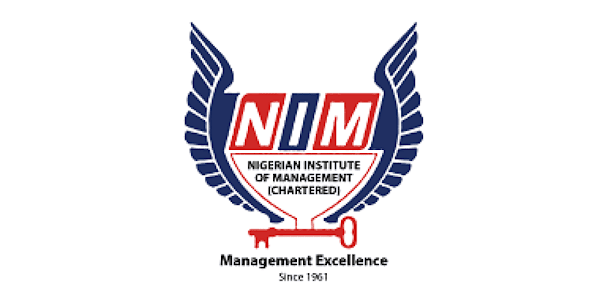Nigeria’s economic future may well depend on how quickly it embraces emerging technologies. That was the central message as the Nigerian Institute of Management (Chartered), NIM, opened its 2025 Annual National Management Conference in Abuja, challenging leaders to harness innovations like artificial intelligence, robotics, and biotechnology to drive national competitiveness.
A Call Beyond Rhetoric
Abimbola Ayuba, President and Chairman of the Council of NIM, set the tone in his keynote: “Technology is everything, and every forward-looking nation that wants to go the distance must leverage emerging technologies.”
For Ayuba, the conference is not just another gathering of academics and professionals. It’s a platform to issue practical recommendations to policymakers on how to transform Nigeria’s economic and social realities. But he cautioned that progress will remain elusive unless managers across all sectors embrace values of transparency, discipline, and accountability—warning that corruption and self-interest are still the biggest obstacles to national development.
Youth and the Digital Window
Representing the federal government, Michael Yenge—on behalf of the Secretary to the Government of the Federation—acknowledged the urgency. “In today’s rapidly evolving world, technology is no longer a distant enabler; it is the very foundation of national competitiveness and institutional relevance,” he said.
Nigeria’s demographic advantage—a youthful population with growing digital literacy—was highlighted as a unique opportunity. With the right investments in broadband expansion, digital skills, and startup ecosystems, the country could position itself not just to catch up with global peers but to become a regional leader in innovation.
Policy in Motion
The government’s Renewed Hope Agenda already includes measures such as the Nigeria Startup Act, the creation of a Ministry of Communications, Innovation and Digital Economy, and renewed investments in digital finance and renewable energy technologies.
Yenge described these policies as a deliberate attempt to create an enabling environment for innovation to thrive: “By prioritising policies that support artificial intelligence, digital finance, renewable energy, and youth-focused hubs, Nigeria can unlock creativity, industrial competitiveness, and sustainable jobs.”
The Larger Question
Still, experts at the conference argue that Nigeria’s real test will be in execution. Policies and good intentions are necessary, but without infrastructure, research funding, and stronger public-private partnerships, the country risks missing the very opportunities it seeks to harness.
The 2025 NIM conference theme—“Leveraging Emerging Technologies to Drive Innovation, Creativity and Productivity”—may be timely, but it doubles as a challenge. If Nigeria’s leaders and managers fail to act decisively, the nation could be left behind in the global race for technological relevance.

